|
Shaving Points at Craps?
BY: Mike in Hawaii
What are Casino dice? I found this on the Internet. I imagine it is pretty standard even though it is from Australia:
 Dice must be transparent. Dice must be transparent.
 Dice must be manufactured to a tolerance of 0.0006 inches (0.01528mm). Dice must be manufactured to a tolerance of 0.0006 inches (0.01528mm).
 All sides of the dice must be equal in dimension and have the same angle between the sides. All sides of the dice must be equal in dimension and have the same angle between the sides.
 All edges and corners must have a uniform finish. All edges and corners must have a uniform finish.
 The surface of each dice side must be flat. The surface of each dice side must be flat.
 Any markings on the dice must be flush with the dice surface. Any markings on the dice must be flush with the dice surface.
 The texture and finish of each side must be identical to each other side. The texture and finish of each side must be identical to each other side.
 The weight of the dice should be evenly distributed throughout the dice with no side lighter or heavier then any other side. The weight of the dice should be evenly distributed throughout the dice with no side lighter or heavier then any other side.
 Each dice must have the Casino Name permanently imprinted, impressed or engraved on one face. Each dice must have the Casino Name permanently imprinted, impressed or engraved on one face.
 Each dice must have a unique set identifier permanently imprinted, impressed or engraved on one face. Each dice must have a unique set identifier permanently imprinted, impressed or engraved on one face.
 The substance used to fill the markings on each face must be the same density as the dice. The substance used to fill the markings on each face must be the same density as the dice.
 The rear surface of the dice markings must be visible through the dice from the opposing face. The rear surface of the dice markings must be visible through the dice from the opposing face.
 The dice faces must be numbered one to six. The dice faces must be numbered one to six.
 Opposite faces of the dice must sum to seven. Opposite faces of the dice must sum to seven.
 The side of each die must be between 19.05mm and 19.69mm in size. The side of each die must be between 19.05mm and 19.69mm in size.
 Dice must be supplied in sets of five with each dice in the set displaying the same identifying number. Dice must be supplied in sets of five with each dice in the set displaying the same identifying number.
As you can see, these are pretty tight specs. This is even a subset of the complete specifications. You would think they were contracting a critical part for the space shuttle's main engines. Crooked dice are one of five types.
1. Loaded. That is weighted off center to favor coming to rest on one face more than they should by random chance.
2. Magnetic. Having an insert that can be influenced by a magnetic field that can be used to force the dice to come to rest on one face more than they should by random chance.
3. Mis-Numbered. The simplest concept possible. They simply do not have the numbers 1 to 6 on the six faces. In one case the numbers on opposite sides of a die are the same, duplicated that is. Suppose your dice only had pairs of faces numbered 2, 3, and 6? Could be a "slight" advantage there.
4. Not Cubical. Rectangular, trapezoid, concave or convex faces, non-uniform vertexes or points, or sides not parallel. Shaved dice or dice with one face purposely bulged out for instance.
5. Gaffed. Weird dice with sharp ledges on one edge or even a pin sticking out of one face to catch on the felt and thus get stuck with that face down.
If you go back and read the specs, you will see how they are addressing each of these problems. Also some of these methods are grotesquely obvious to even casual examination. Some like the magnetic ones require very large electromagnets as accessories.
I ordered two sticks of Dice Coach Dice, one red and one green and subjected them to the similar tests a bit more than a year ago. They passed. It was not easy to do. Measuring in the 1/10,000 of an inch range and determining absolute face flatness etc. That is tricky, but with a really good micrometer with a tension thimble and vernier and knowing how to use it correctly, it can be done. You can also use a strong light and a very high precision tool and die maker's miniature square for some of the tests. There are dice spinners and the water glass test to check for uniform density. Visual inspection alone spots many "defects."
There are just a few cosmetic aspects of dice not specified. The numbers 1, 2, and 3 have to meet in a single vertex. If you look at that vertex point on, the numbers can increase either clockwise or counterclockwise. Also a range of transparent colors is possible.
How many times have you seen the dice placed in front of the boxman where he can glare intensely at them? Or even pick them up and spin them expertly between his thumb and finger? Most of the crooked dice listed above could be easily spotted by just looking carefully at them, and certainly by spinning them to see if they are loaded.
I once had a fantastic sequence of fours. I could not stop tossing fours. Mostly hardways. I commented on it, the stickman commented on it, the other players were betting on it, I was betting on it, we were all cleaning up. Sure enough, first the stickman would just give me the dice. Then he started parking them directly in front of the boxman after each throw where the boxman would glare at them like he was using X-ray vision on them. After another four showed up, the boxman finally picked them up and gave them each a beautiful well-practiced spin. No heat. No negative comments from the staff. No problems. No swapping of the dice. Same dice stayed in play. But there was most definitely a low profile investigation of those dice!
Where's the Advantage?
Now for the most important part of the "crooked dice" equation. Craps is played in two phases. The comeout phase and the chasing points phase. In one the seven is your friend. In the other the seven is your enemy. Given that dice have to total seven on opposite faces, it is very hard to get such dice to suppress or enhance sevens. Most if not all the value of any crooked dice is lost if you do not switch out the true dice and the crooked dice based on the game conditions from moment to moment. Dice switching by players is a bit of a no-no. (Slight understatement).
Casinos change out dice when they are worried that the dice have become out of specs and are no longer absolutely trustworthy to be random. Like when they go off the table and suffer obvious vertex damage, or have been used long enough to suspect point or razor edge wear.
A math professor at a major university got some professionally shaved crooked dice and got his graduate students to roll them, a lot! The data collected showed that any slight advantage from shaved dice was swamped by the random roller style of the shooters. It appeared that the dice would have to be modified in a very significant way to survive all the built in randomizers on a craps table such as the felt, the pyramids, specs on a proper acceptable throw, chips in the way, etc.
There have been cases of stickmen and boxmen swapping crooked dice in and out of a game in cahoots with players who were co-conspirators. This was not a Casino sanctioned behavior (slight understatement).
Random is to a Casino business as actuarial tables are to an Insurance company.
Random is what makes it a business with a bottom line, a predictable cash flow and a return on investment they can bank on. To do this business they typically need a special license. Doing anything that would endanger that, such as petty cheating to increase slightly some gain at one game makes no sense at all. They would be "betting the entire farm" for chump change relative to the total take across all the games and slot machines on the Casino floor.
You would have to have something that works for all situations that come up in Craps in a 24 hour period, works with five dice of which two are selected at random, and which a shooter holds for a hand at a time and involves no funny switching of dice by stickman or boxman.
It would have to be completely legal and subject to examination by regulators. And it would have to generate enough extra income to justify the effort to select the dice in the first place and manage two types of dice at the tables. That takes equipment, manpower and adds complexity to making money.
That is a lot to deal with in order to create a scenario that makes business sense.
If it ain't broke, don't fix it!
Craps ain't broke from the Casino's view and nearly all the rules favor them. Including their ultimate rule, they can just refuse to let you play for any reason at any time.
If you want to see Casinos trying to "fix" Craps, look at sit-down tables designed to cut staff required to man a Craps table. Should they use 12 foot or 14 foot tables? Or 10 foot, or super size tables?
Look at the decisions to either include or remove the Big 6 and Big 8 from the felt. Are there enough suckers to justify that waste of felt real estate? What level of odds to allow? Double? Triple? 20 times? 100 times!
How about the size of the Hardways? Make them big because your players love the Hardways, or make the lousier prop bets bigger in hopes of dumb suckers attracted by BIG RED LETTERING. Look at the few prop bets that have different payoffs at different casinos.
When to open a table? How many tables to have? Where to put the tables? What to eliminate to free up floor space for the poker room!
Do we need to eliminate a Craps table and put in a dumber game with just one dealer such as Let It Ride?
Those are the kinds of ways Casinos try to "fix" Craps to generate more income.
Not ways to get caught doing something shady or blatantly illegal that requires lots of extra work.
Nevada Specific Information
Casino Dice are considered to be "associated equipment" in Nevada. Interestingly, there are no exact specifications for "Casino Dice" used in Craps in Nevada. But they would be covered under "Industry Standards" for such equipment. So it would not be correct to say dice used in Nevada are not regulated. From what I was able to find out, the Queensland specifications indicate what can be done to make high quality dice, specifications that manufacturers can routinely meet. They probably make a good example of "Industry Standards". Some things like the casino name being required on the dice I am not sure about for Nevada.
The main thing looked for in Nevada is anything about the dice that would affect the roll and cause them to tend to land in any specific way other than randomly. Dice would typically include a set in play that would be five dice all the same with the same serial number on them.
Ways to affect randomness checked for would include weighting of course, but dice should also be perfect cubes, opposite sides should total seven, no numbers on a given die should be duplicated, and they are normally made of transparent material to facilitate checking for common methods of loading or weighting dice. There is some flexibility in the design of Casino Dice in Nevada as long as they are not manufactured or modified in such a way as to affect the randomness of their roll.
I got the impression the experts I contacted thought the question a bit strange. That crooked dice would be, well crooked! Rather obviously. In a heavy handed sort of way, not something subtle. But seriously out of specifications in some way not that difficult to detect with even casual testing.
Bottom Line
The bottom line, literally, is that casinos need dice to be predictably random. It is part of the business model for running a craps table. Cheap "toy" dice are born crooked. I tested a bunch of them and was amazed at the seriously bulged faces, the irregularly rounded vertexes, the non-parallel faces, and other glaring problems. And these were not even made to be crooked on purpose, just sloppy cheap work. I measured some Bicycle Dice and found them a considerable improvement over the el cheapo red plastic types. By comparison the precision of real professional casino dice is quite impressive and a serious cut above even the best "toy" dice.
Given the slight advantage a Casino might gain, versus the incredible damage of being shut down for running a questionable game, why would they risk the entire golden goose?
I believe it is much more likely that aliens will land in your back yard and treat you to an anal probe than it is you will encounter a major Casino introducing shaved or otherwise out of spec dice in a Craps game to try to take unfair advantage of customers.
Mike in Hawaii
Click Here to return to the list of prior articles ...
|
 |


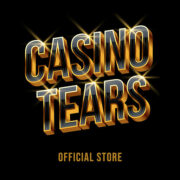

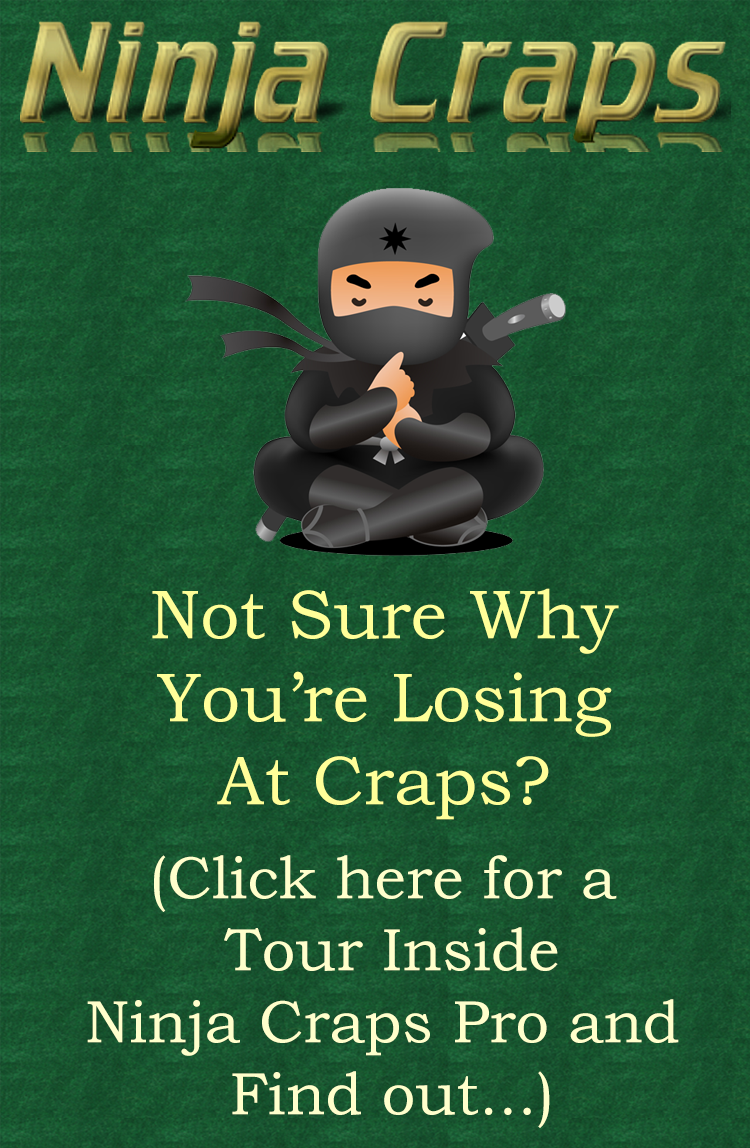
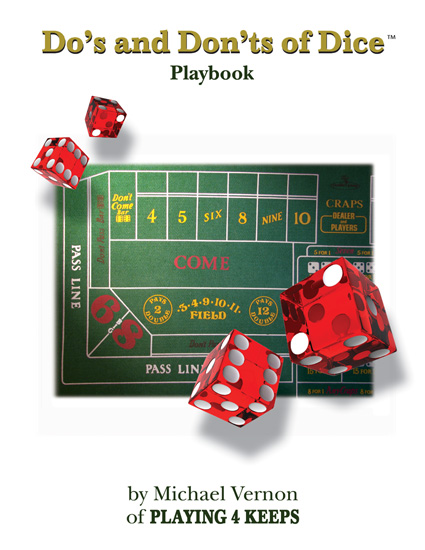

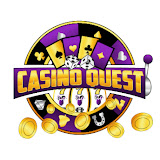
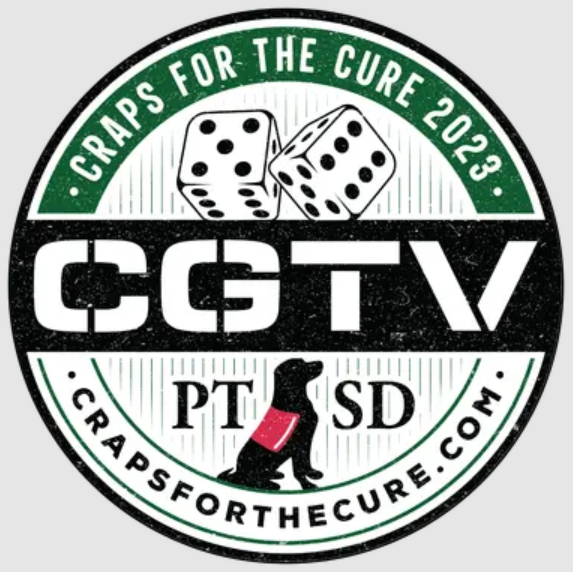


 Dice must be transparent.
Dice must be transparent.